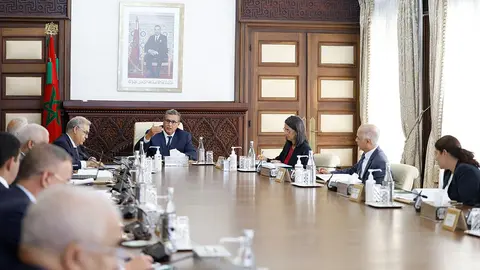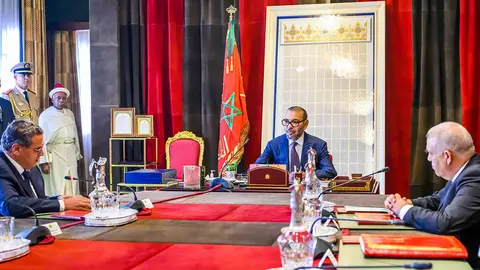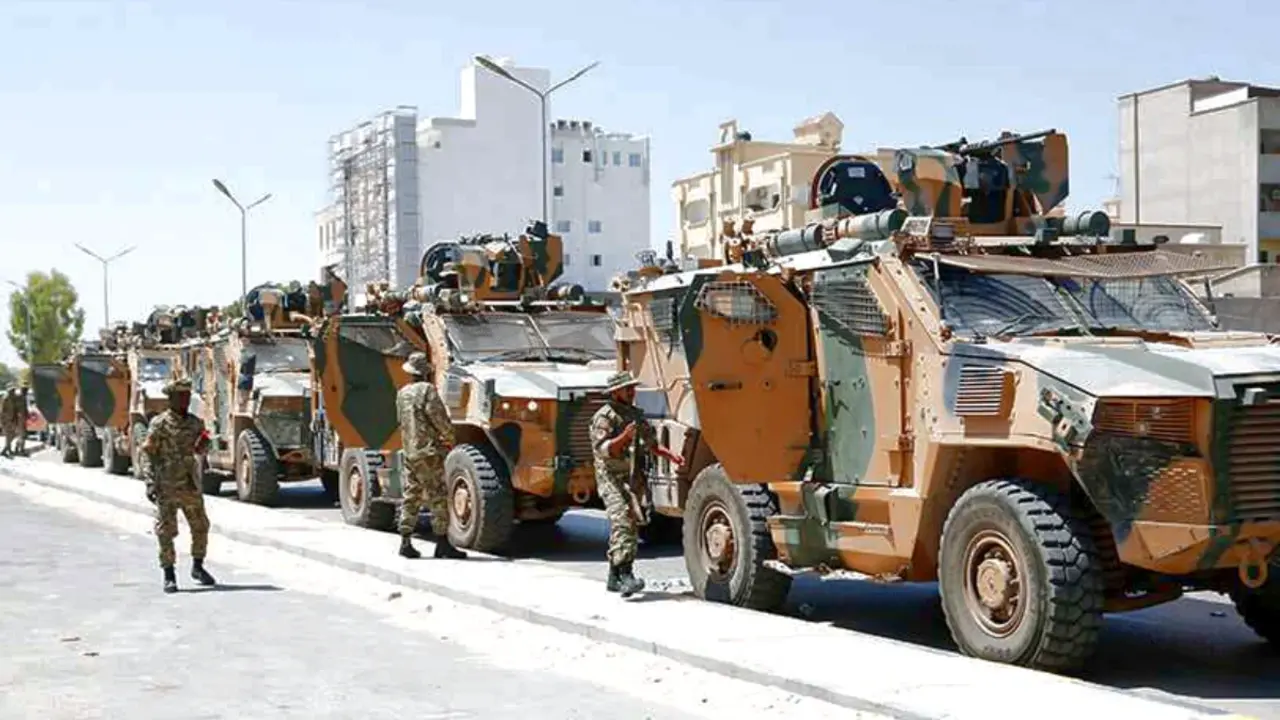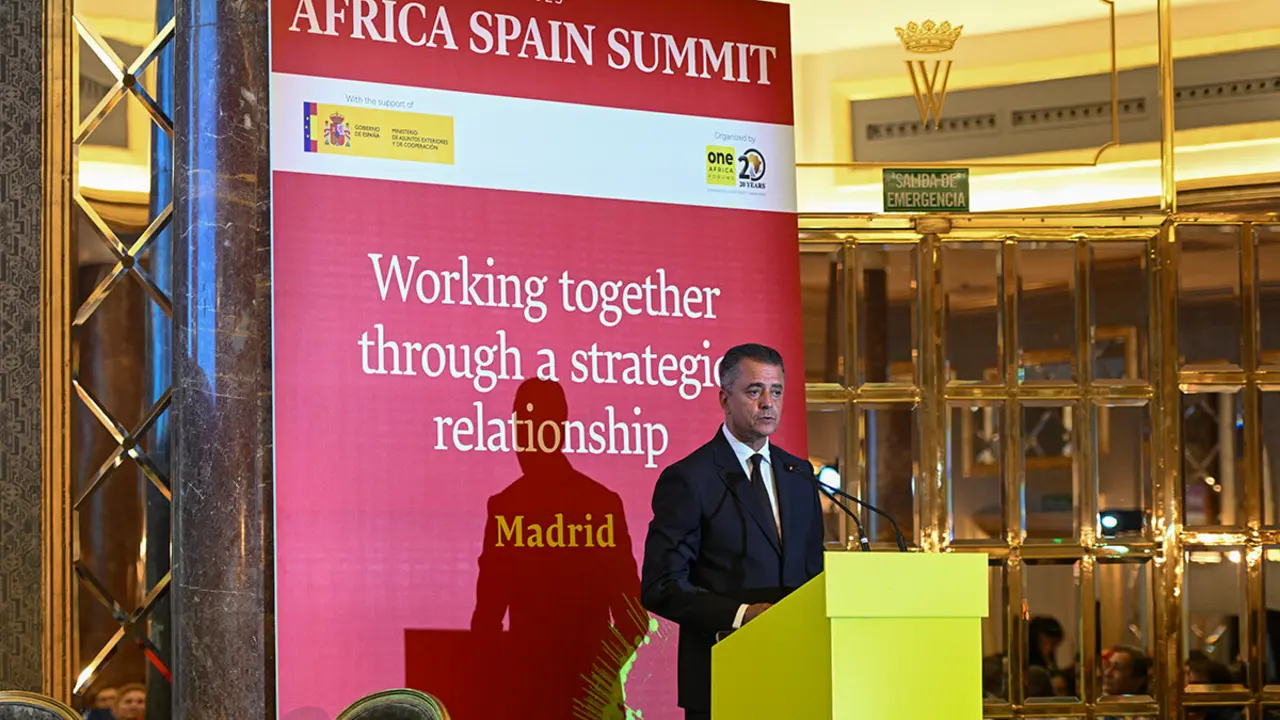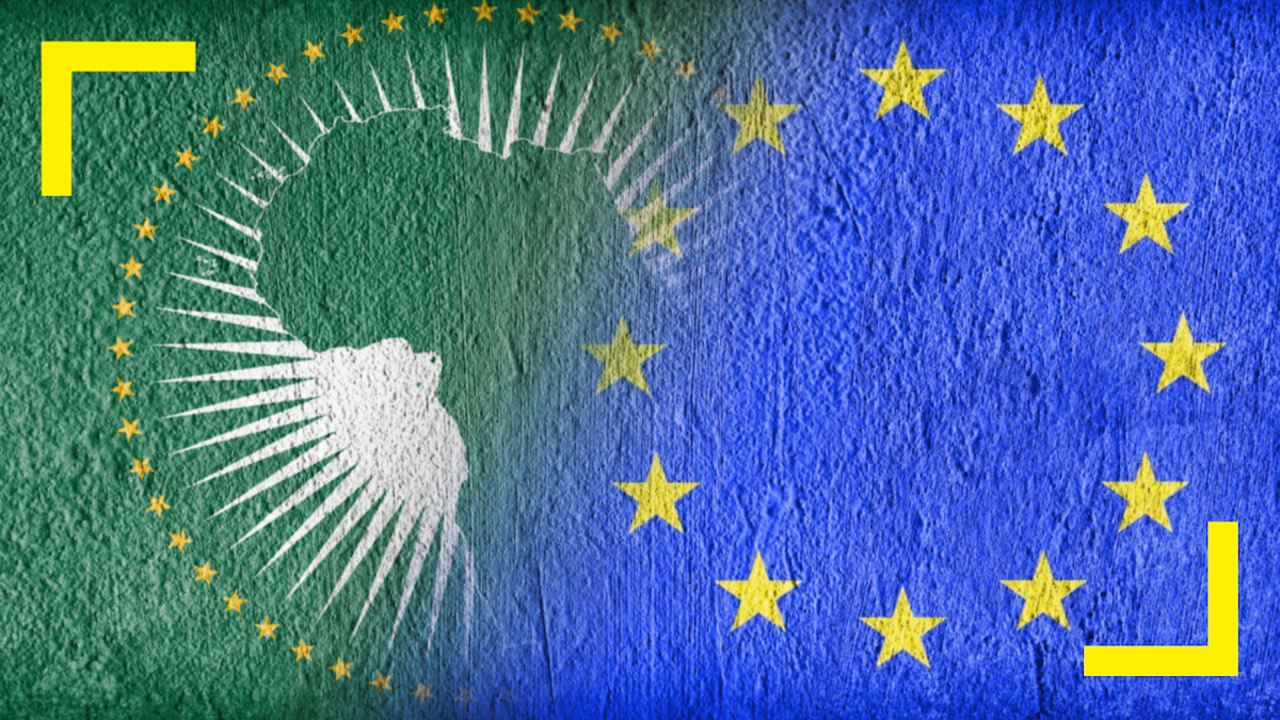Morocco launches the first financial aid to earthquake-affected families

The first tranches of financial aid from the Moroccan state for those affected by the earthquake measuring 6.8 on the Richter scale, which devastated several enclaves such as Al-Haouz, Taroudant, Marrakech, Chichaoua, Ouarzazate, Casablanca and the High Atlas area in general, are being implemented.
The head of the government, Aziz Akhannouch, chaired on Monday in Rabat the fifth meeting of the Interministerial Commission in charge of implementing the housing rehabilitation and aid programme set out in accordance with the directives of King Mohammed VI and, in implementing it, it was agreed to give emergency aid of 2,500 dirhams a month for a year to families whose houses fell totally or partially as a result of the earthquake of 8 September, which will be distributed from 6 to 16 October.
The families concerned who have not received this financial assistance during the aforementioned period may apply to the competent provincial commissions to consider the case and decide accordingly, as reported in an official statement by the Moroccan government.

The Interministerial Commission also decided to set up an initiative to upgrade and improve access to several roads, the first stage of which will consist of opening and widening the road between Ouirgane and Tlat N'Yacoub and the road between Tizi N'tasset and Tafoughalet, and also to grant aid to farmers and livestock farmers in the affected areas.
The government led by Aziz Akhannouch also decided to activate the most urgent rehabilitation projects, through architectural and technical studies, mainly related to the reconstruction and improvement of more than 1,000 schools, more than 40 health centres, and religious and historical sites.
All these initiatives, which benefit various areas such as housing, infrastructure, culture, agriculture, tourism, education, health, etc., will be financed by credits worth 2.5 billion dirhams through the Special Fund for rehabilitation and aid after the strong shock of the earthquake, with the aim of speeding up the execution of the necessary works. This follows the approval of all this aid at a preliminary inter-ministerial meeting held at the end of September.

The head of government also appealed to the various services involved to continue the great mobilisation for a rapid and integrated implementation of the aid and rehabilitation programme, which will benefit the affected regions by promoting their economic, social and cultural development, as reported by the official Moroccan news agency MAP.
Several meetings have already been held by the Moroccan government's Interministerial Commission to deal with the serious consequences of the earthquake in the North African country.
Within hours of the tragedy, King Mohammed VI got involved and led several meetings aimed at coordinating the emergency response.
First, the Moroccan Royal Armed Forces and the national emergency services were mobilised to work on the ground to rescue victims.

Subsequently, four countries (Spain, the United Arab Emirates, Qatar and the United Kingdom) were asked to cooperate on the ground with the Moroccan services in the relief and rescue of victims. The monarch Mohammed VI himself justified not requesting support from other nations that offered to collaborate by the principle of Moroccan national sovereignty to make its own decisions and also by the principle that the best aid is that which is useful and necessary, thus ruling out an oversaturation of assistance that could have harmed the good coordination on the ground of the Moroccan and foreign aid and emergency teams present on the ground.
Once these initial interventions had been carried out, it was the turn of other inter-ministerial meetings to discuss other aspects, such as economic aid for those affected and reconstruction plans to rehabilitate homes and infrastructures damaged by the earthquake. The Moroccan state has also activated insurance mechanisms through parametric insurance consortiums, which are those that help to limit the financial impact of devastating climatic events or natural disasters. Thus, in the framework of the insurance policy signed by the Moroccan government in 2020 in the event of a natural catastrophe (the first of its kind in Africa), the Gallagher Re insurance group will pay almost 3 billion dirhams to Morocco, some 200 million euros. There was also the option of another mutual insurance company covering seismic risk in Morocco, with coverage of up to USD 1 billion, but only partial reimbursement was expected in this case.

